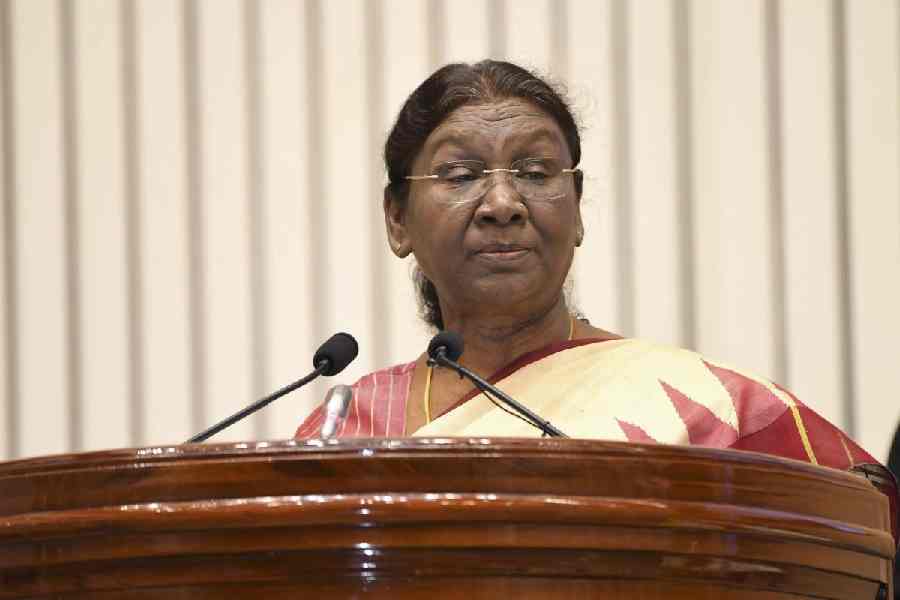‘Public interest, non-performance’: Government notifies new rules to prune autonomy of IIMs


The director of any IIM can be removed virtually at will by the Visitor, the President of India, new rules notified by the government suggest.
The Visitor can also suspend or dissolve an IIM’s board of governors for non performance or insubordination, or in the public interest, the rules
say.
Since the President is expected to act on the Centre’s advice, what this means is that the government is taking back some of the autonomy it had given the premier
management institutes in 2018.
The IIM (Amendment) Bill, which amends the IIM Act of 2018, was passed in the monsoon session.
The education ministry on Friday notified the new rules under the amended
act.
“Notwithstanding anything contained in any of the clauses of this sub-rule, if the Visitor decides that the services of the director may be terminated or the director may be relieved from the services of the institute, the board shall be bound to follow the decision of the Visitor,” the rules say.
Under the IIM Rules of 2018, the board of governors alone had the power to remove the director — if so decided by at least two-thirds of its members — for misuse of power, conviction in any case involving moral turpitude, or for pursuing their own financial or other interests.
However, the board had to first conduct an inquiry into any allegation against the director and give the director a reasonable opportunity to defend themselves.
The new rules do not mention any inquiry though they say the director would be given an opportunity to express his views.
The new rules also say the Visitor can suspend or dissolve the board of governors if it is unable to discharge its functions or perform its duties, or if the board has persistently defaulted in complying with any direction given by the Visitor under this act, or if circumstances render it necessary in the public interest to do so.
Before the IIM Act of 2018, the institutes’ boards of governors were appointed by the government. But the 2018 act said the outgoing board members would pick their successors. It also allowed the board of each institute to appoint the chairperson and director without involving the government.
But the new rules say the Visitor will from now on nominate the chairperson of each IIM’s board of governors, and the chairperson will head a panel to recommend candidates for director.
Anindya Sen, former faculty member at IIM Calcutta, said the new rules seem to have taken the situation back to the days before the IIM Act of 2018.
“Before the IIM Act, each of the IIMs had signed a memorandum of association with the government where the government had special powers to interfere and act against any office-bearer at any IIM. But this provision was exercised very rarely,” Sen said.
“The new rules have now clearly spelt out the scope for government interference in IIM affairs. I expect such powers to be judiciously used.”
An IIM director said the government may have brought in the changes keeping in mind the way some of the B-school directors had conducted themselves in recent years.
However, if this provision is misused, reputable academics would shun leadership roles at the IIMs, he added.
“As long as this provision is used judiciously, it’s fine. If it’s used unnecessarily to trouble the director for whatever reason, well-known academics will not like to join the institutes. Substandard people will join and they will happily carry out all the diktats of the government.”
IIM Rohtak director Dheeraj Sharma currently faces allegations of not possessing a first-class bachelor’s degree, a necessary qualification mentioned in the government advertisement issued in 2015 for the post.
The matter is before Punjab and Haryana High Court, where the education ministry has filed an affidavit stating Sharma has only a second-class bachelor’s degree, and had concealed this in his application and CV.
The IIM Rules of 2018 did not specifically demand that applicants for director should have first-class bachelor’s and master’s degrees. It only said they should be distinguished academics. The latest rules have made first-class degrees a requirement.